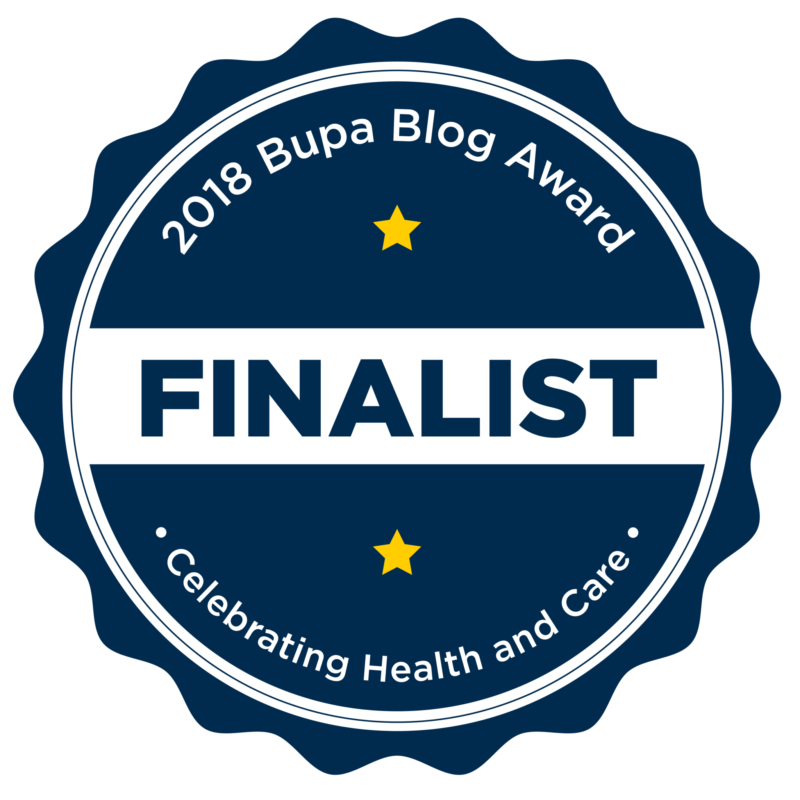Mental health is about how we feel, as well as our ability to deal with the ups and downs that life brings.
I know that for some there isn’t a “one quick fix” to anxiety and mental health issues, but I do know that there are some practical things that we can all do, and simple changes we can make to our lifestyle to help ourselves find the right balance in life.
Below I have listed 10 practical ways you can help look after your mental health.
Some of these are ones that I like to include in my daily and weekly routine, as I know that they are important in order to help me feel a little more balanced. Take a look!

Talk about how you’re feeling
The thought of talking about how we are feeling can be tough. Really tough.
Because it means that we have to share our thoughts with others, which at times can be scary as it makes them feel more real. But you know what it does do? It’ll help you feel like a weight has been lifted off your shoulders.
You know what they say – a problem shared is a problem halved.
Talking about how you’re feeling with a close family member or friend can help it feel less daunting or troubling.
Eat well
Ask any nutritionist, dietician or psychologist; there are strong links between what we eat, and how we feel.
It’s so very important that we lead a well balanced lifestyle, and eat well to nourish and fuel our bodies. I won’t go into this too much, but my friend Georgia runs GH Nutrition and is the best resource you need if you’re looking for tips and ways to eat a little better.
I’ve also spent time learning about what foods don’t make me feel good. For example, drinking coffee and anything with caffeine in it, makes me highly anxious – so I’ve learnt to avoid it.
Keep in touch
When we’re feeling down, it can be really easy to just push our close ones to the side and try and deal with it all on our own.
I’ve done this before, and at the time it felt like the right thing to do, but all it did was build the feelings more inside. However, as soon as I spoke to someone about it (whether it be friends or family), I always felt better.
I’m also an introvert at times, so I know when it’s best for me to head out, and when best to stay home. Use your time wisely and commit to seeing your friends (and actually follow through with it without cancelling), but also learn to recognise when you need some time to yourself.
Take a break
As important as it is to stay active and keep busy (especially when you have a mind that can wander and overthink), it’s also important to take a break, before you reach the point of burning out.
Make time for daily walks that break up your day, or learn when it’s best for you to take some time out at the workplace and get some fresh air. A couple of minutes spent sitting down and deep breathing could be all you need to bring you back to centre.
PS – I’m also a big fan of the concept of taking “mental health days” off work. Just like we do when we get the flu or gastro, we take the day off to recover and rest. So, why can’t the same go for our mind too?
If you feel like it’s all getting too much, take a day to re-set and focus on re aligning your mindset.

Accept who you are and how you’re feeling at the moment
It took me a long time to accept that I had OCD and anxiety. I refused to accept the fact that it was something that was part of me, and that I had to deal with. I would resist and resist, and it would just make it even more difficult.
So, once I learnt to accept that it was part of me – I was able to dive deeper and work out how I was going to manage it all.
Keep active
This is really key for me and I know I harp on about this all the time…
BUT, research shows that exercise releases chemicals in your brain that make you feel good, and regular exercise can (over time) boost your concentration, help you get better sleep, as well as look and feel better.
It doesn’t have to be vigorous exercise, but even making time for a half hour walk every day can make you feel even just a smidge better.

Drink sensibly
While it’s important to take time out to enjoy the good things in life (which may involve alcohol), it’s also important to have a good balance. Just remember that the effect of alcohol is only temporary, and cannot fix something that may actually need a little more work on the inside.
Ask for help
Sometimes we need a little help – and we need to remember that its A.OK to ask for it when we need it.
We aren’t super-humans – and we can’t fix everything, so seeking help when you feel like you can’t cope, doesn’t mean you have failed. It means you are brave enough to take the next step to feeling better.
Do things you are good at
Learn more about what makes you happy, and do more of it. I see many people making excuses that they don’t have time to do the things that they love, when in reality, they just aren’t making the time.
I’m a firm believer in the fact that if you really want to do something, no matter what you will make the time to do it. Partaking in activities that you enjoy can help beat stress, and can also take your mind of other things that are bothering you. And, if you’re struggling to find something, spend time exploring!

Care for others
Care for others, and keep them close to your heart. This is an important part of keeping up relationships with others for the long term.
Of course, each person’s mental health story and journey is different, so this post is by no means a way of me trying to tell you HOW to manage your mental health.
It’s more to show you the ways in which you can keep on top of everything.
